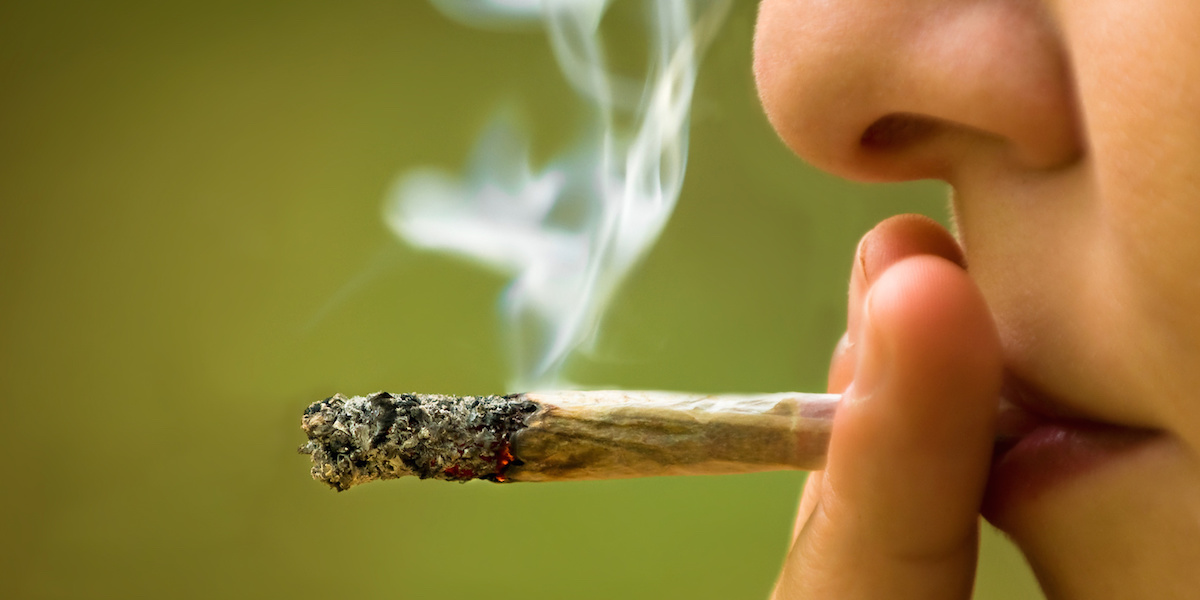
*The following is excerpted from an online article posted on EurekAlert.
Adolescent binge drinking modifies gene expression in a fashion that increases susceptibility to anxiety and alcohol use disorders in adulthood, according to research in rats recently published in eNeuro. Targeting the microRNAs responsible could be a new route for undoing the damage of alcohol use caused during adolescence.
Previous researchers found that microRNA, small bits of RNA that modify how genes are expressed rather than coding for a protein, are involved in how early-life alcohol exposure changes the brain, but the exact mechanism was unknown.
Researchers exposed adolescent rats to alcohol and measured the resulting levels of miR-137, one type of microRNA, in the rats’ amygdalae. The rats exposed to alcohol displayed increased levels of miR-137, resulting in lower expression of proteins necessary for healthy neuron growth and branching.
In adulthood, the rats displayed higher levels of anxiety behaviors and a higher preference for alcohol compared to control rats. Inhibiting miR-137 in the amygdala reversed the anxiety and alcohol preference in the rats with an adolescent drinking history.
Source: EurekAlert!
https://www.eurekalert.org/pub_releases/2019-11/sfn-adi111219.php

 Teen Loneliness Triggers ‘Reward Seeking’ Behavior
Teen Loneliness Triggers ‘Reward Seeking’ Behavior  The Hidden Mental Health Danger in Today’s High-THC Cannabis
The Hidden Mental Health Danger in Today’s High-THC Cannabis  Teen Suicide, Binge Drinking Decline, New National Data Show
Teen Suicide, Binge Drinking Decline, New National Data Show